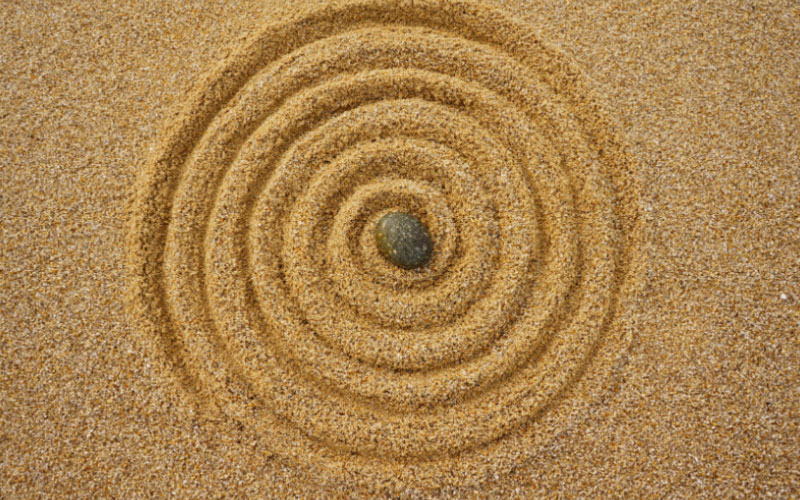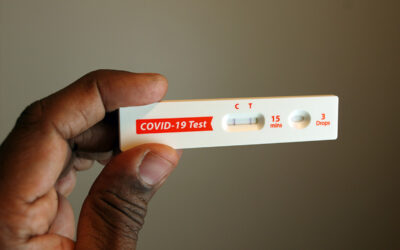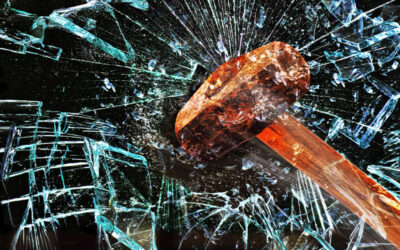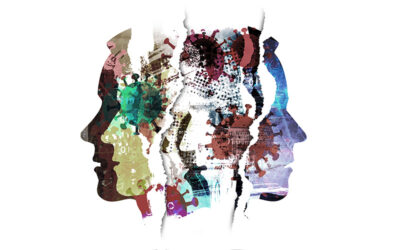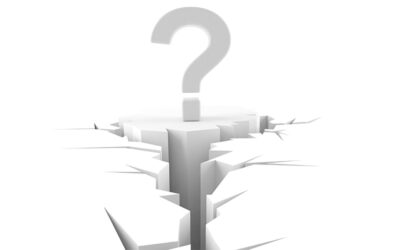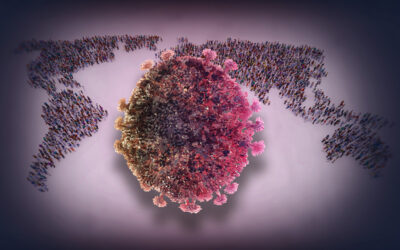Who are we? Who am I?
We are daughters and sons, mothers and fathers; we are our jobs, our homes, our educations, our nationalities; we are our ethnicities.
We travel through life attached to these identities; composites built, brick by brick, with the answers to these questions.
These identities are not just useful, but necessary. With the recognition that we have a self that is separate from the world around us, we can divide our experience into “I” and “it,” subject and object, reducing the external world into pieces to be taken apart and put back together again. Our sense of self– of separateness–enables us to navigate the vicissitudes of life.
Yet something nags at us.
Deep within, each of us knows that we are more than these selves. We know that these fragile composites of external qualities have little to do with who we truly are.
Many millennia ago, homo sapiens discovered that there were ways to break free of the chains of self. Art was one early technique developed to transcend the ego. Whether through painting, dancing, or creating music, art frees oneself from oneself. It provides an opportunity to pierce the rigid confines of the ego, inviting us to participate in a flow of consciousness that lies beyond the boundaries of self. That is when we feel (and are) most alive, and most fully human.
There are other ways to transcend the self. We can meditate; sitting quietly, watching thoughts float through our minds, and resting in the spaces between them. Meditation can be both calming and freeing, another path to egoic liberation.
And then there are the hallucinogens. Some are found in nature, others produced in the laboratory. Curiously, we are wired with neuro-receptors perfectly designed to uptake these substances. They include psilocybin (derived from mushrooms), peyote and huachuma (from cactus), ayahuasca (from various jungle plants), 5-MeoDMT (from Sonoran toad secretions) and lab-created molecules such as LSD, DMT and MDMA (Ecstasy). Taken in sufficient dosages, these substances can quickly dissolve our ego structures and produce an experience of interconnection with all of nature–even with the cosmos itself.
There are historians of religion who believe that the origins of many (if not most) religions, began with the use of these substances. For this reason, there is a push to rename “hallucinogens”– a term often associated with the countercultural movements of the 1960’s and 1970’s–with the word “entheogens”; i.e., chemical substances that produce non-ordinary states of consciousness for spiritual or religious purposes. Or, more simply stated: substances that enable the user to have an experience of God.
What Are We?
Limited by our neuro-biochemistries, we perceive only a small part of the vast energetic and sensory spectrums around us. What we are able to see, hear, smell, taste, and feel, helps us to survive. We can see a person approaching us with a gun, taste when foods are rancid, smell a gas leak, hear the rumbling of an approaching avalanche.
But are we more than mere “survival machines?”
These entheogens say yes!
However, the powerful effects of these psychoactive substances raise some questions. Do these chemicals create visions, or hallucinations, that are nothing more than fabrications of our minds and brains? Or do they actually enable us to experience deeper realms of awareness, beyond our normal perceptive capabilities?
Many religious/spiritual teachings describe a “lifting of the veil,” the revelation of truth. And when the veil of ordinary experience is lifted, we realize that we are essentially waves of energy, vibrating as part of a great cosmic dance. Our “ego selves” dissolve like sugar in water, and we are submerged in a great energetic sea.
Who are we?
It is difficult to apprehend the dissolution of our egos. The thought of it is confusing, and can be frightening. Because we see this “self” as all of that we are, its absence must mean our extinction; i.e., our deaths. But this perception is merely the constructed ego itself working to insure ITS own survival. It is the ultimate “mind game.”
What we actually discover when we finally let go of the ego, is a sense of ease and spaciousness; a relaxation into the present, without any regrets about the past or worries about the future. We can rest in the profound realization that this present moment is all that we have.
When there is no self, there is no fear.
The technologies of transcendence are available to us all. Only when we recognize the limits of our perception and breach the walls that keep us from knowing who and what we truly are, only then will we be totally free–free to live our lives fully, and free from fear.
Copyright 2021
Dr. Ricky Fishman has been a San Francisco based chiropractor since 1986. In addition to the treatment of back pain and other musculoskeletal injuries, he works as a consultant in the field of health and wellness with companies dedicated to re-visioning health care for the 21st century. He is the founder of the health news and information website, Condition: Health News That Matters.
ricky@rickyfishman.com www.rickyfishman.com
